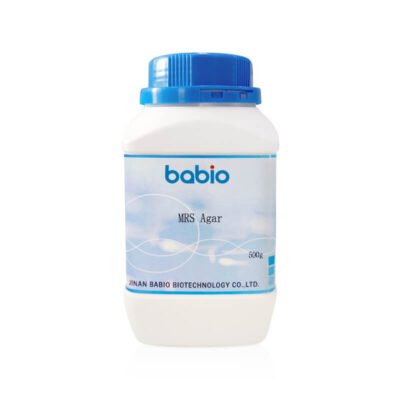Description
Fluid Thioglycollate Medium (USP) – Comprehensive Overview
Fluid Thioglycollate Medium (USP) is an essential tool in microbiology, particularly for sterility testing and the cultivation of various microorganisms. Its carefully balanced formulation provides an ideal environment for both aerobic and anaerobic bacteria, making it a popular choice among laboratories focused on pharmaceutical development and clinical research.
Approximate Formula and Ingredients
Here’s a detailed breakdown of its formulation:
| Ingredient | Concentration (g/liter) |
|---|---|
| Pancreatic Digest of Casein | 15.0 |
| Yeast Extract | 5.0 |
| Dextrose | 5.0 |
| Sodium Thioglycolate | 0.5 |
| L-Cystine | 0.5 |
| Sodium Chloride | 2.5 |
| Resazurin | 0.001 |
| Agar | 0.75 |
Final pH
- Final pH: 7.1 ± 0.2 at 25°C.
Key Components Explained
- Pancreatic Digest of Casein: Provides a rich source of nitrogen, which is crucial for microbial growth.
- Yeast Extract: Supplies vitamins and growth factors, enhancing the medium’s effectiveness.
- Dextrose: Serves as a primary carbon source, fueling bacterial metabolism.
- Sodium Thioglycolate and L-Cystine: These reducing agents create an anaerobic environment, vital for the growth of anaerobic organisms.
- Resazurin: Acts as a redox indicator to monitor metabolic activity; its color change signifies the presence of viable microorganisms.
- Agar: Allows for solid medium preparation, providing a stable surface for colony formation.
Preparation and Storage
- Preparation: Dissolve the ingredients in one liter of distilled water, heat gently to ensure complete dissolution, and then dispense into sterile containers.
- Sterilization: Autoclave at 121°C for 15 minutes to eliminate any contaminants.
- Storage: Keep the dehydrated medium tightly sealed at temperatures between 5-30°C, with a shelf life of three years.
Applications
Fluid Thioglycollate Medium is widely used in:
- Sterility Testing: A critical step in ensuring that biological products are free from contamination, which is especially important in the pharmaceutical industry.
- Microbial Cultivation: Supports diverse microorganisms, making it suitable for various research applications, including studies on antibiotic resistance and microbial physiology.






-1-400x400.jpg)
Hektoen-Enteric-AgarHE-1-400x400.jpg)
Reviews
There are no reviews yet.